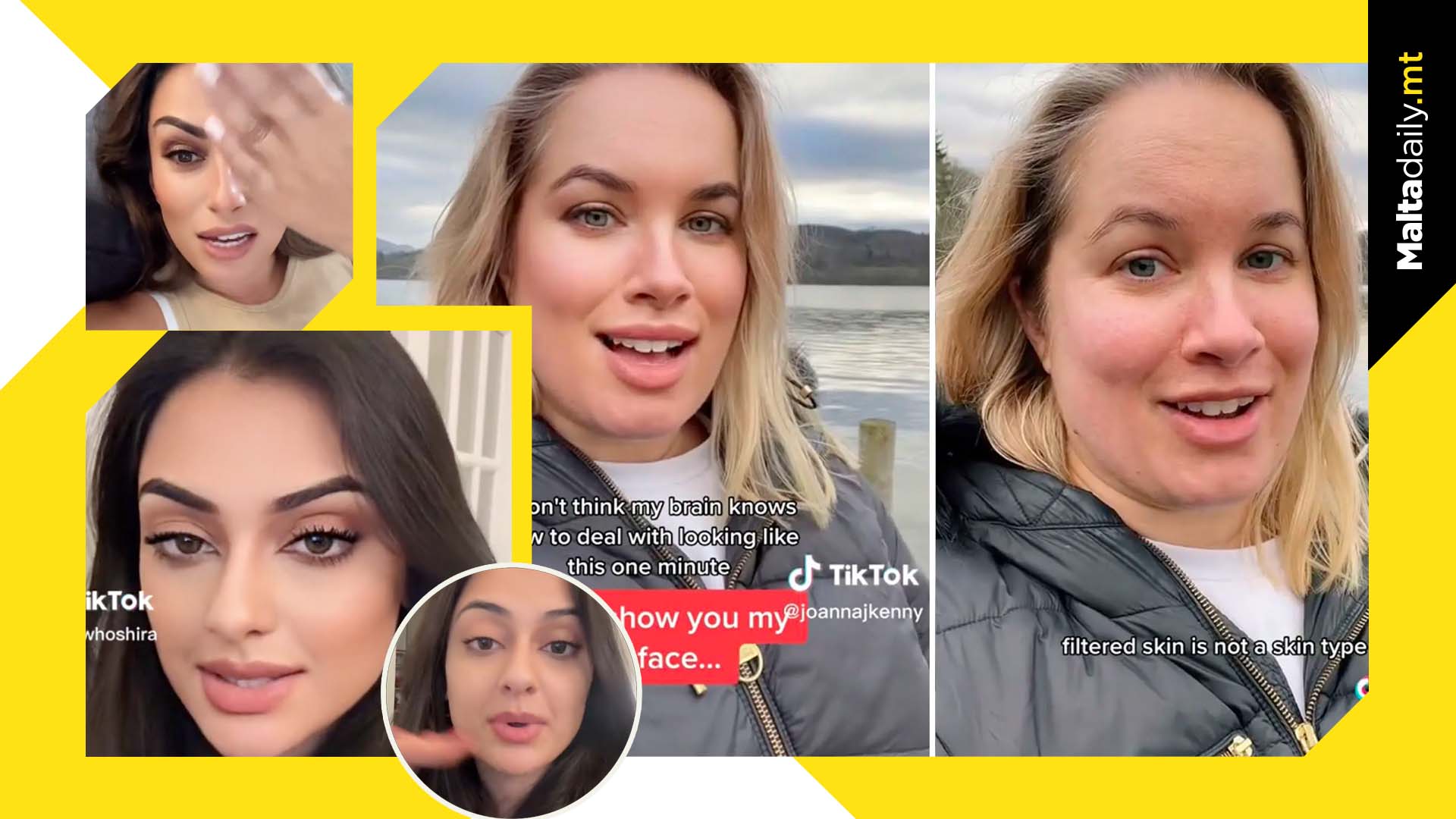New Bold Glamour TikTok filter slammed on social media

The new ‘bold glamour’ TikTok filter, which has already been used millions of times in recent days, has received immense criticism for setting up unrealistic beauty standards for women.
Facial filters, interactive AI-programmed masks accessed via a phone’s front camera, drastically alter the appearance of a person’s face. Despite first beginning for novelty purposes, like giving dog-like ears and nose, they have been worked upon to become more precise as time went on.And now, this new filter is being criticised by social media users who point towards negative impacts on mental health, low self-esteem and body dysmorphia as potential consequences.
Unlike many filters, the ‘bold glamour’ filter is seemingly not impacted by waving one’s hand over one’s face, making the filter more difficult to distinguish from reality.
“I don’t wanna be known as the tiktok filter guy, but ICYMI after attacking GenX w teenage filter, tiktok just dropped a new filter to take out Millennials & GenZ. ‘Beauty filters’ are not new, but the precision on this is beyond uncanny. This is psychological warfare & pure evil,” wrote computational artist Memo Akten.
The same concerns were echoed by many on various platforms, most notably TikTok and Instagram.
What do you think of this filter?
#MaltaDaily


